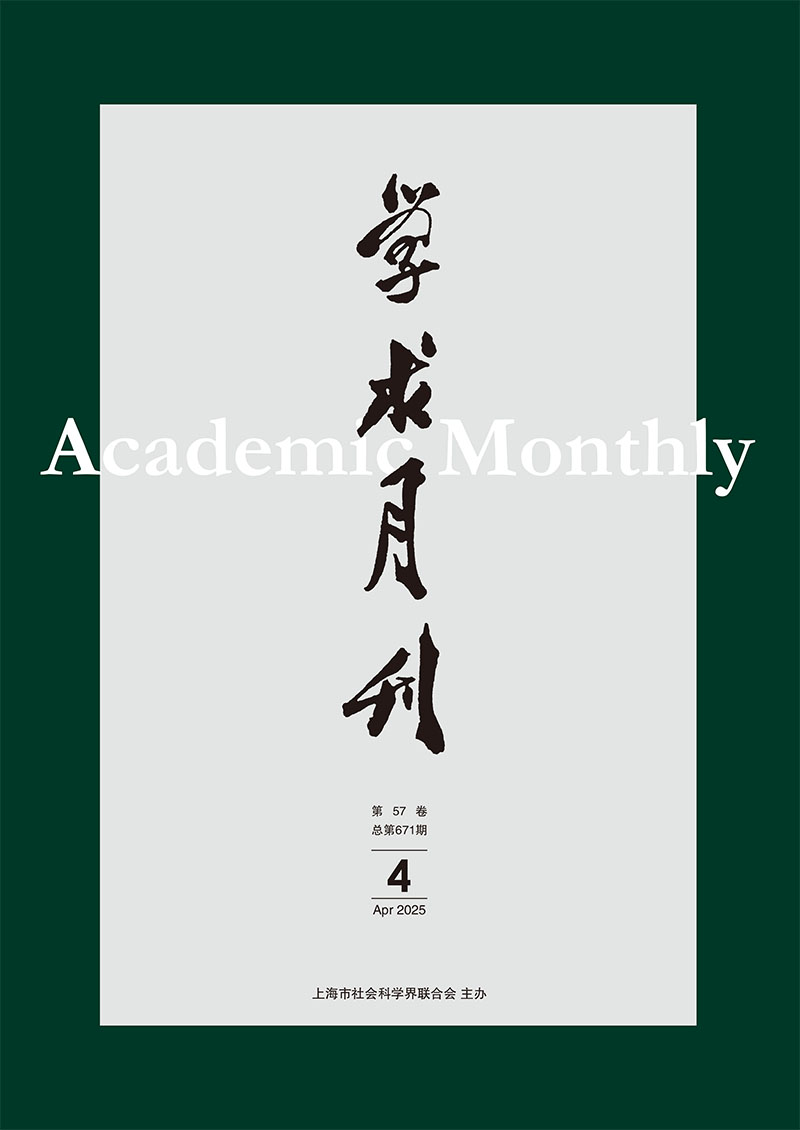Identity Recognition and Narrative Politics of Qing Academic History in the Early Republican Era——Take the Biography of Li Ciming as Center
Abstract: Li Ciming often played a central role in reviewing and summarizing the academic history of the Qing Dynasty.In the early 1930s,Wang Shitong wrote a short biography of Li Ciming in Qingru Xuean(《清儒学案·越缦学案》),synthesizing Ping Buqing’s biography of Li (Licimingzhuan in Qingshigao,《清史稿·李慈铭传》) and the postscript content from Wang Chongmin’s compilation of the Yuemantang Anthology(《越缦堂文集》).Without specialized writings,figures such as Miao Quansun,Wu Shijian,Xu Shichang,and Xia Suntong made different choices regarding whether Li Ciming should be included in the Rulinzhuan(《儒林传》) or Wenyuanzhuan(《文苑传》),and whether he should be categorized under the Zhengan(“正案”) or Zhuru(“诸儒”) after careful deliberation.Their writing modes shaped key texts of how Li Ciming was perceived by later generations。The underlying mechanisms of text production not only mirror the compilers’ identity orientations but also underscore the narrative-political characteristics inherent in early Republican Qing historiography.



 沪公网安备 31010102003103号
沪公网安备 31010102003103号 DownLoad:
DownLoad: